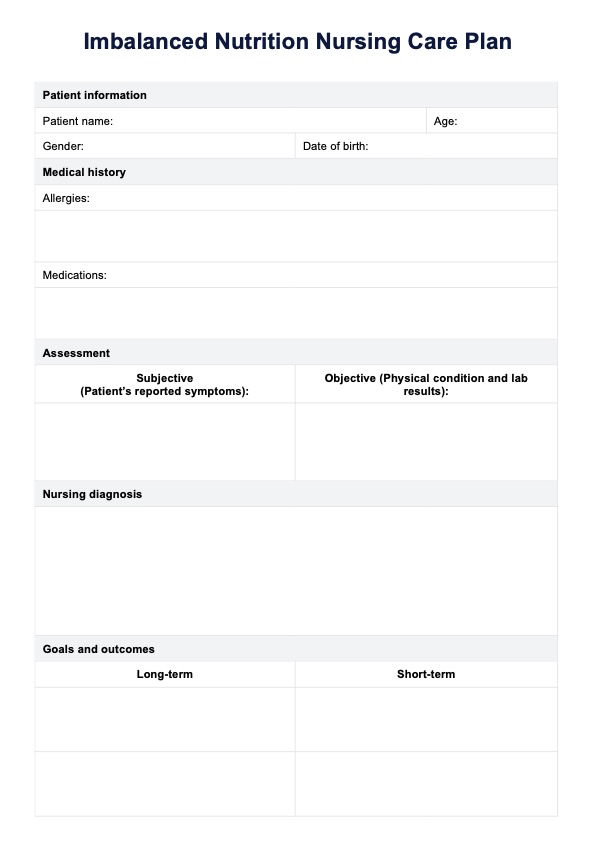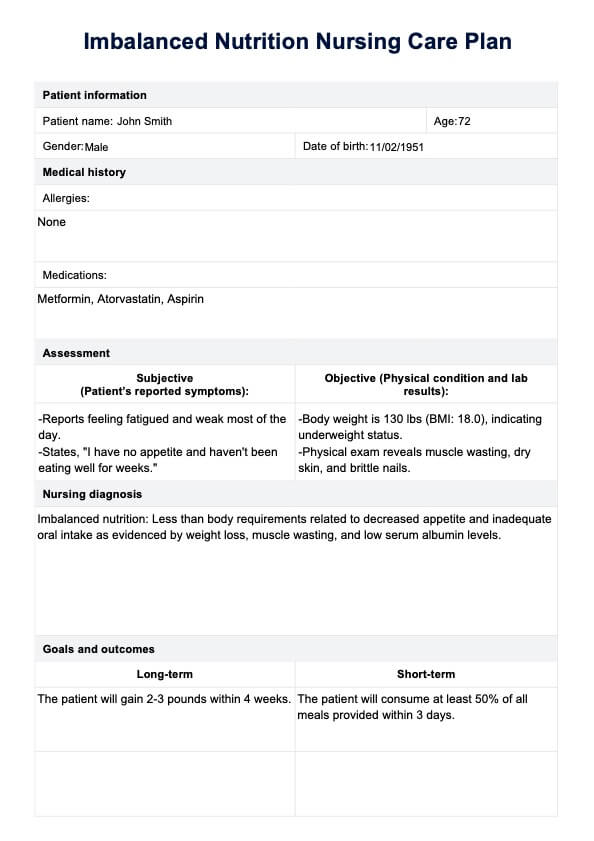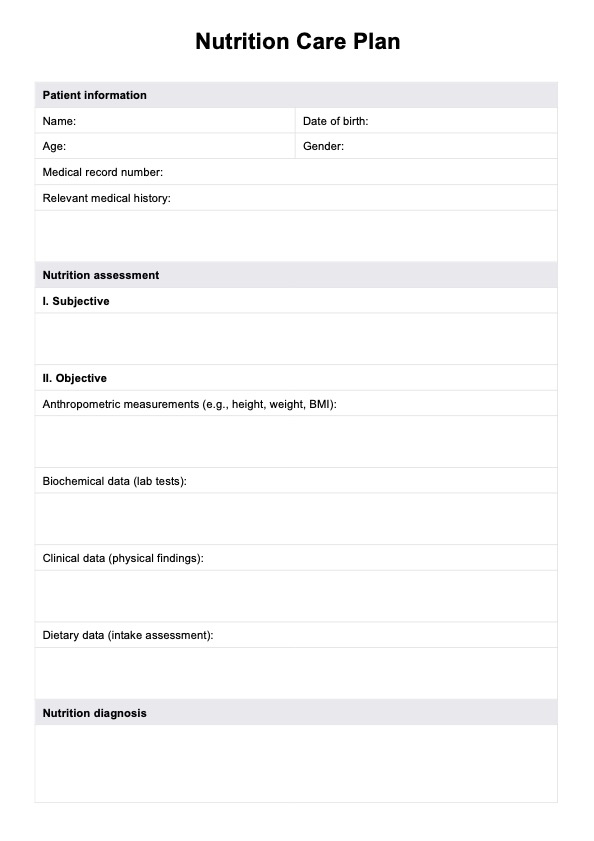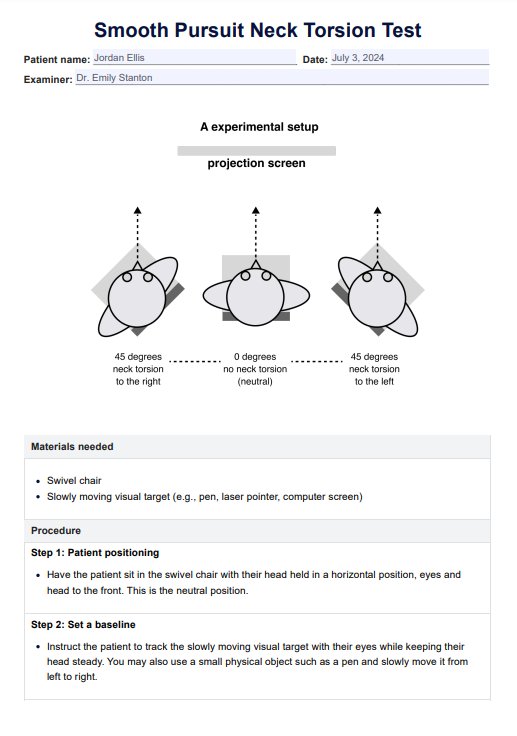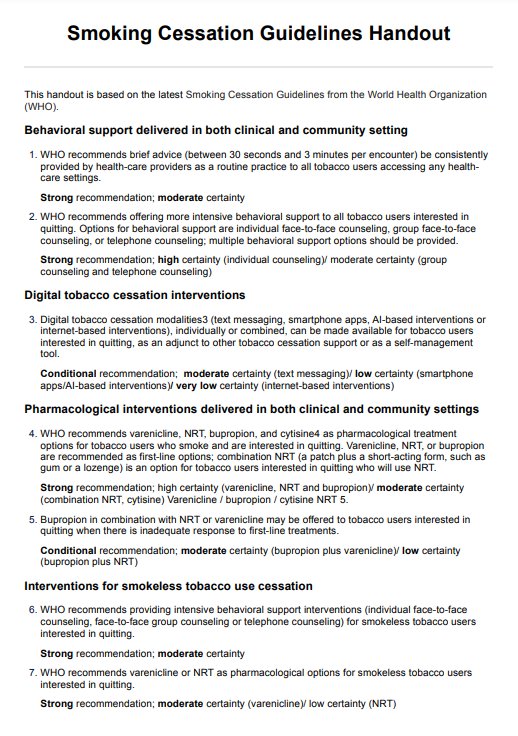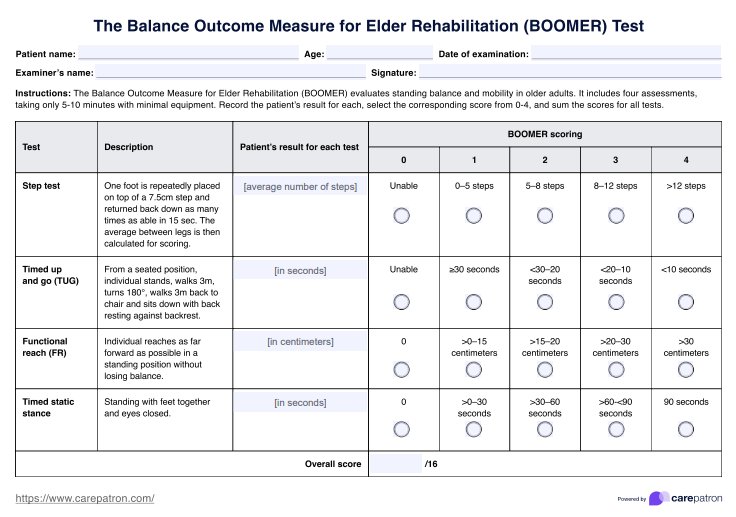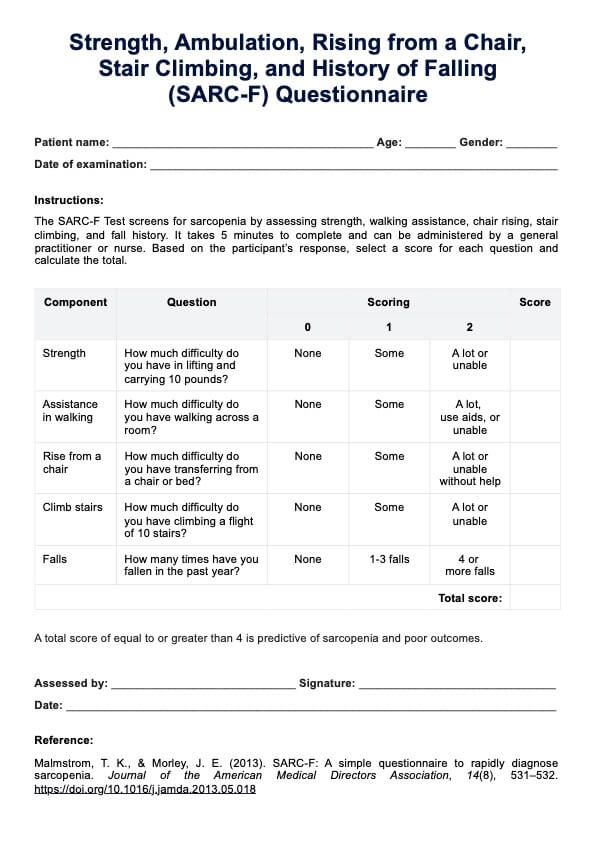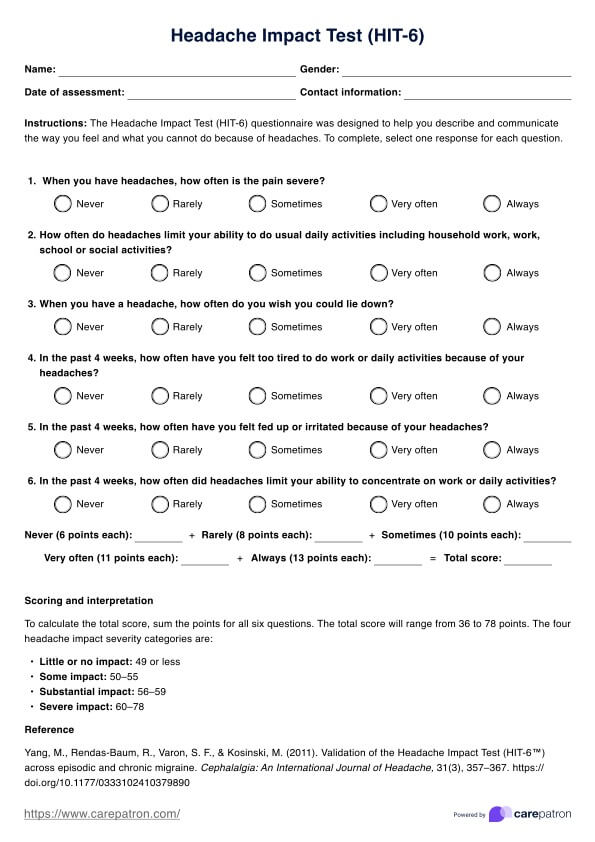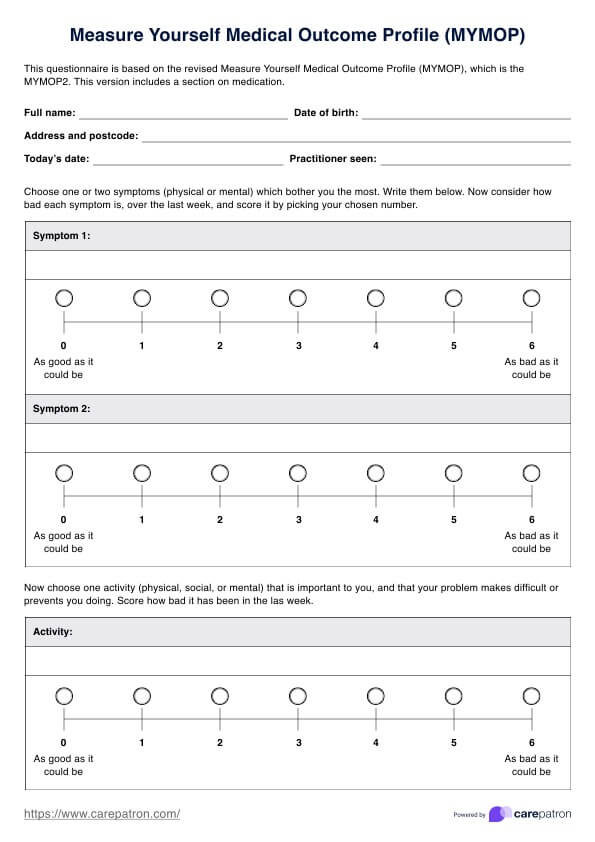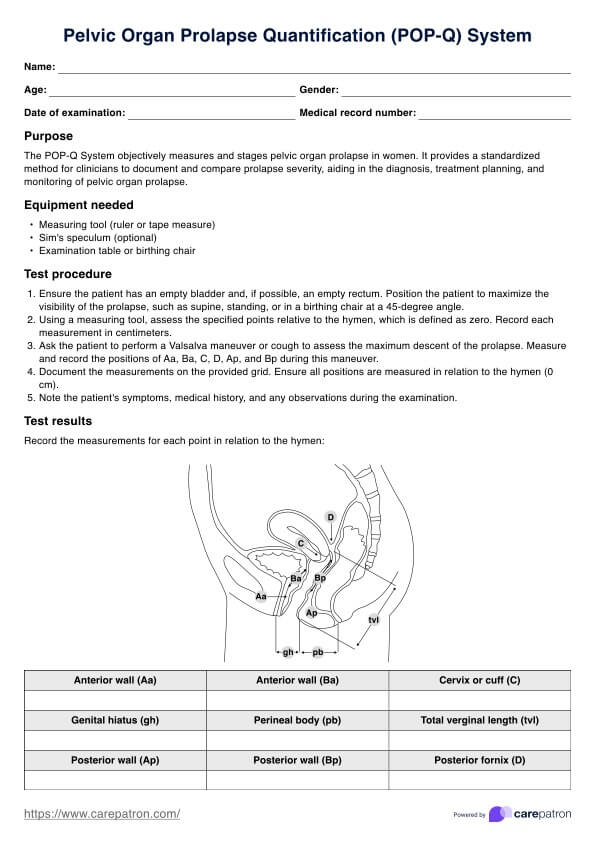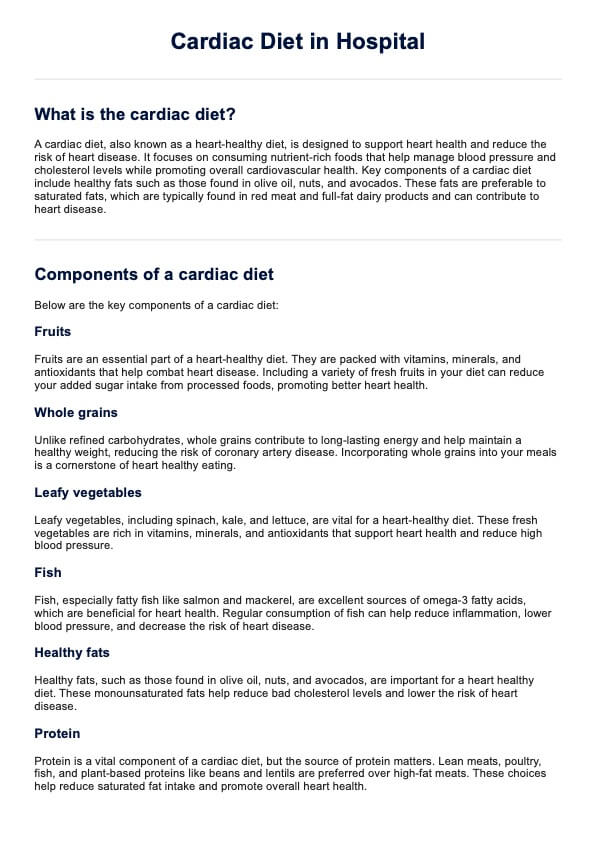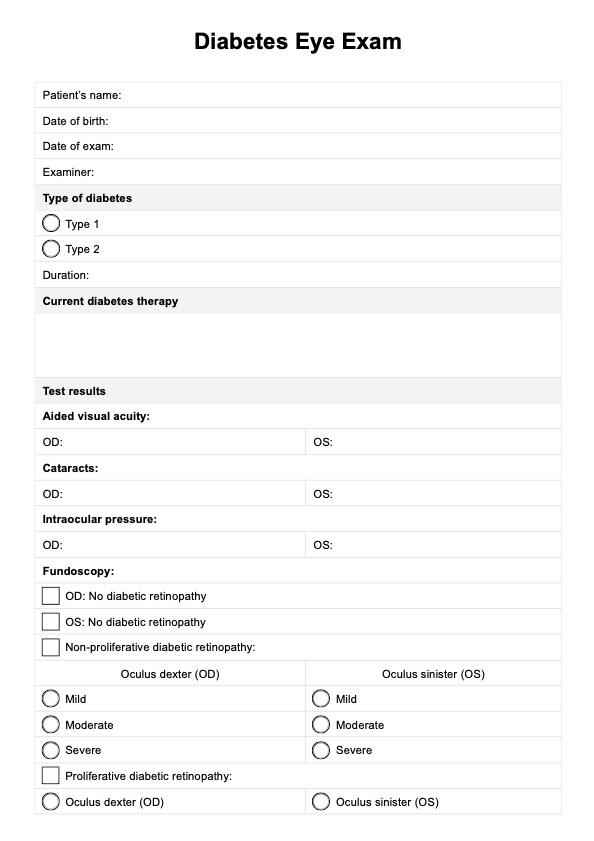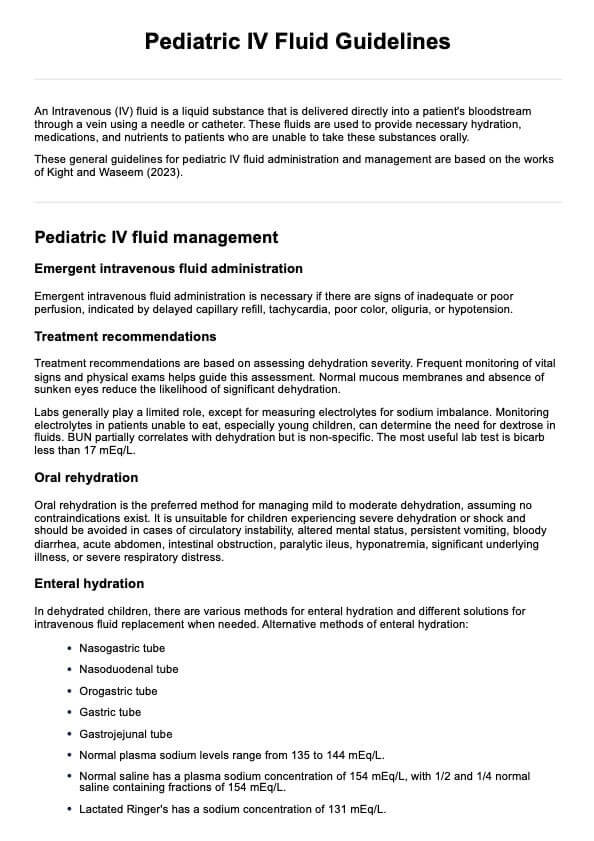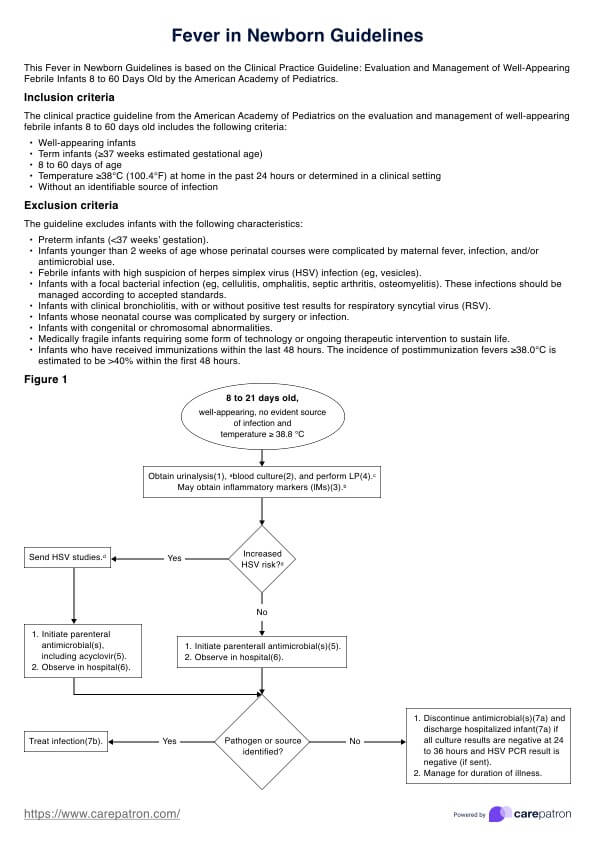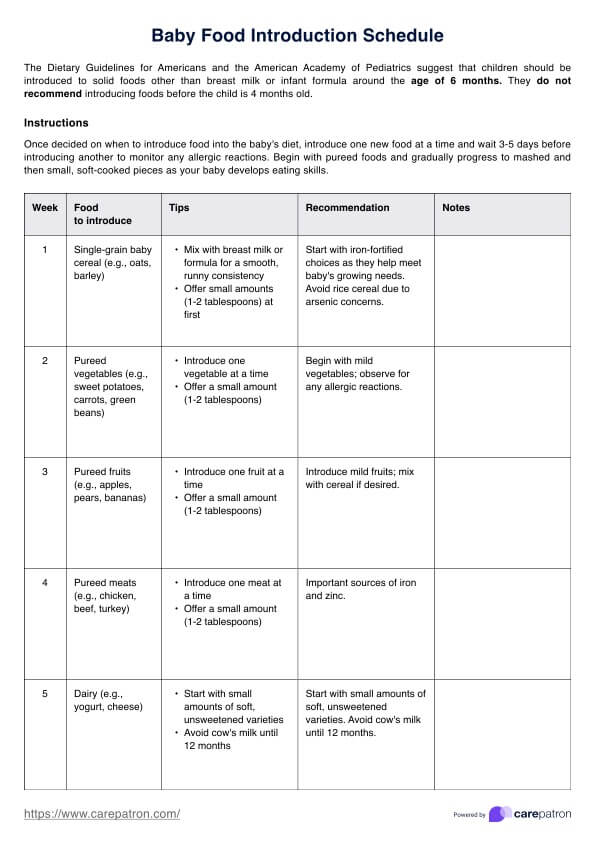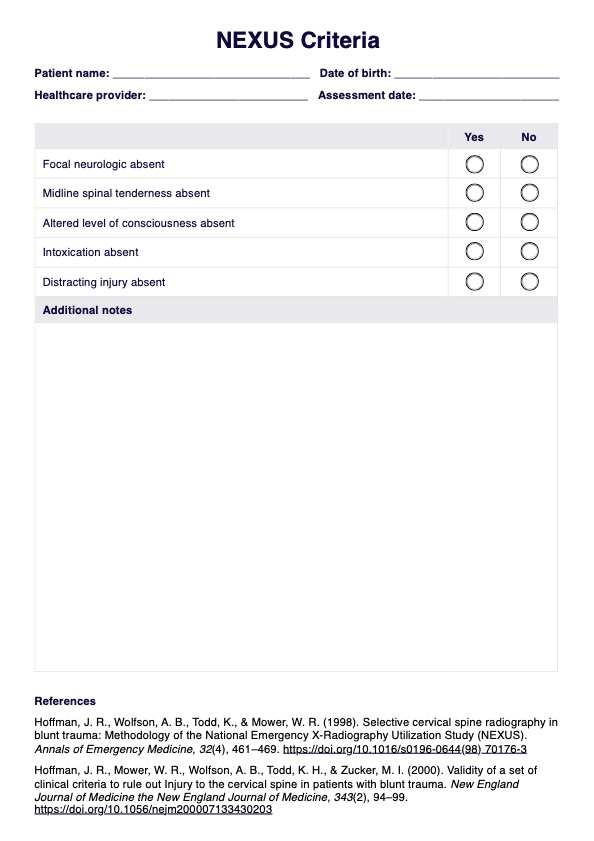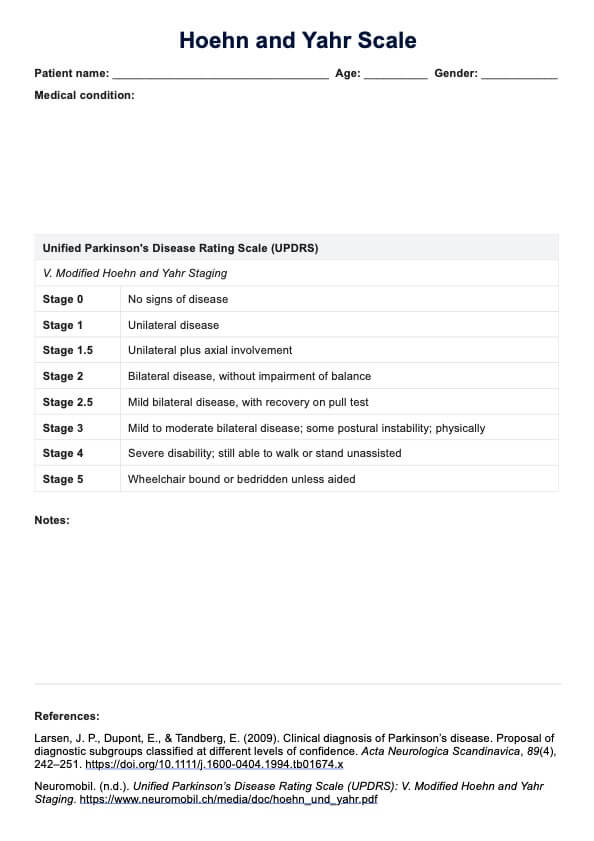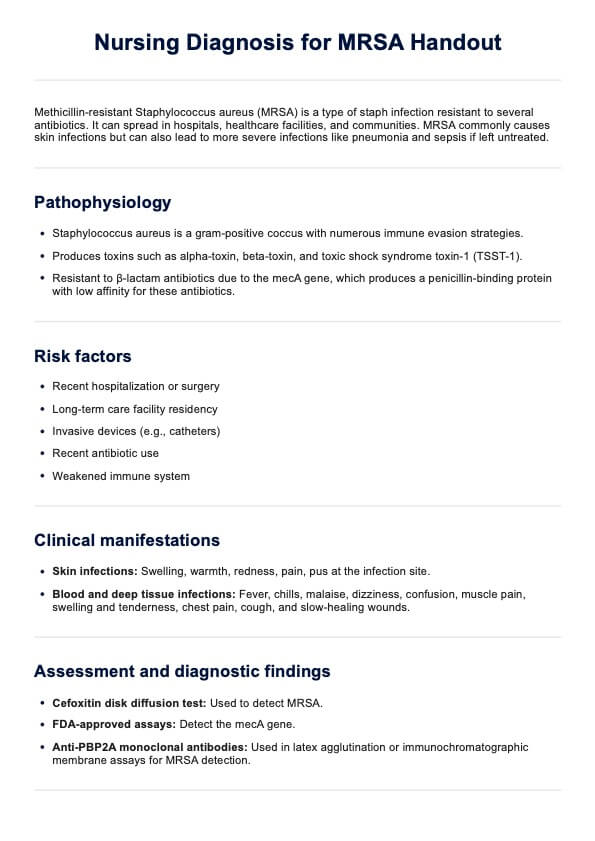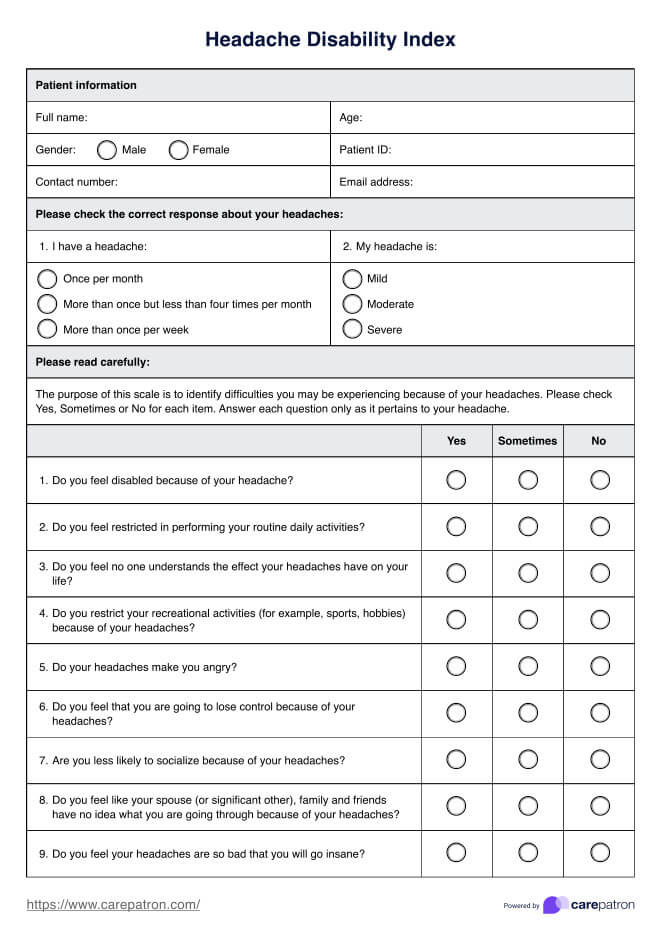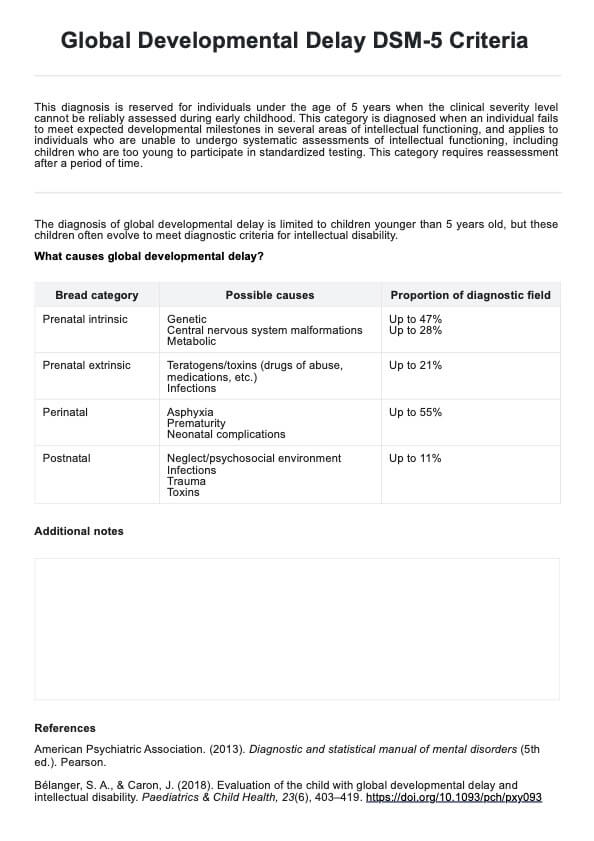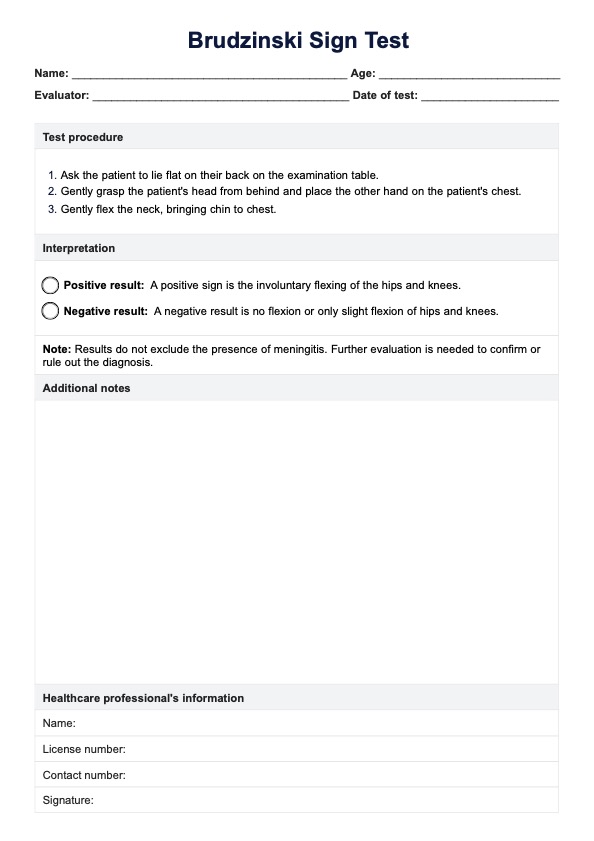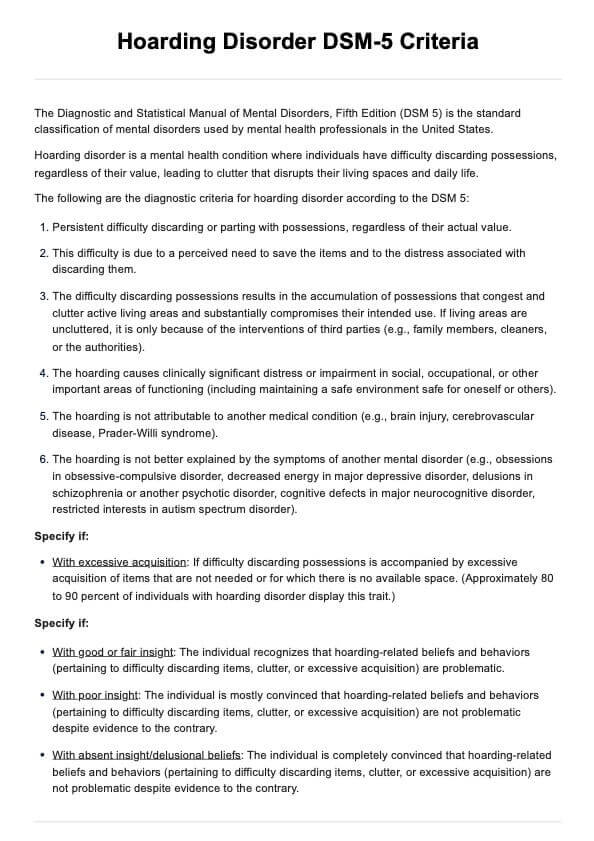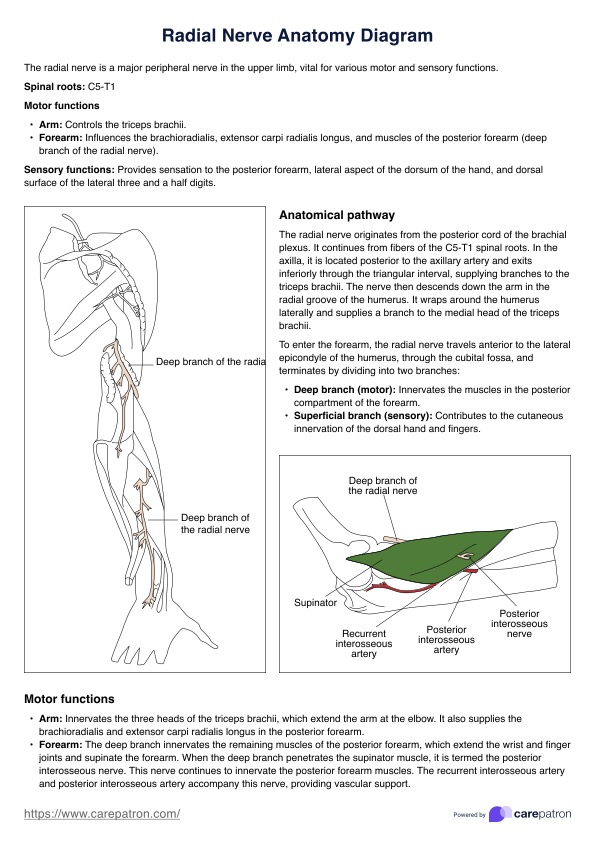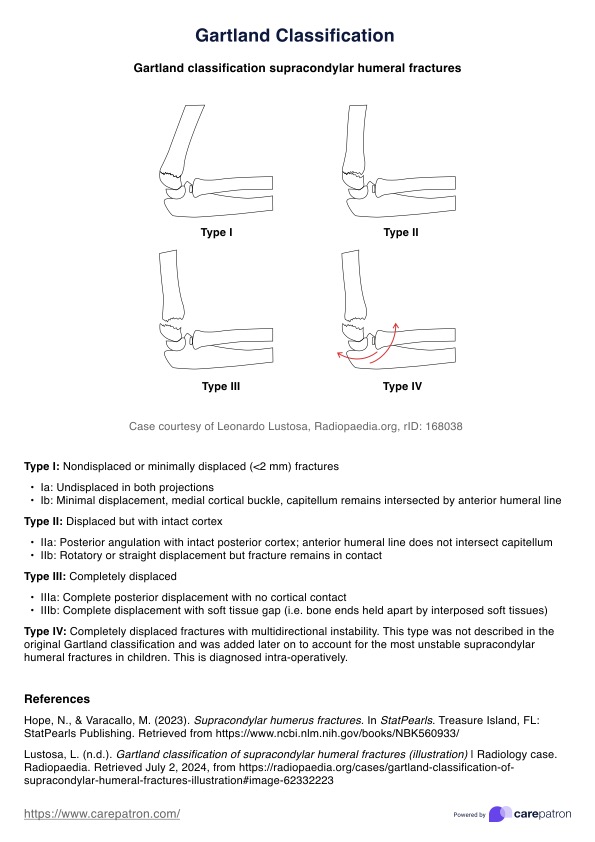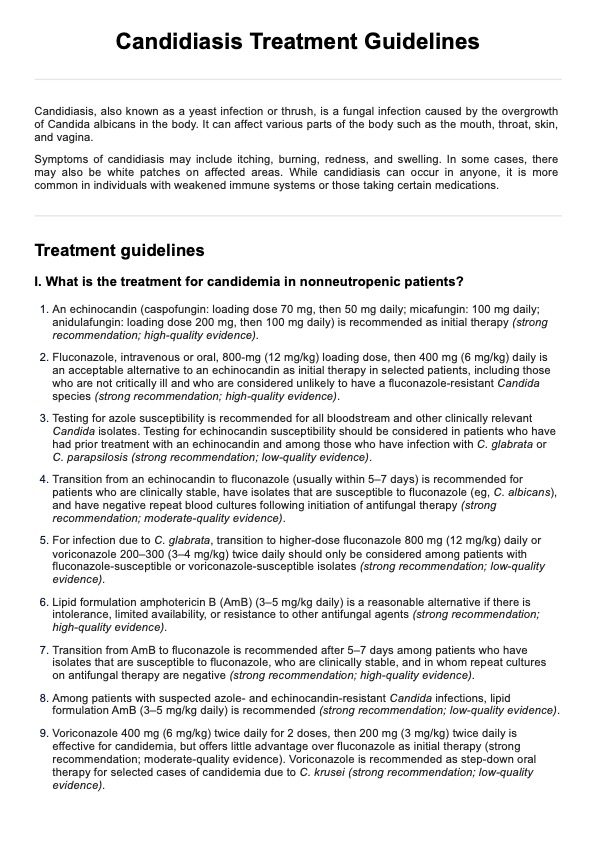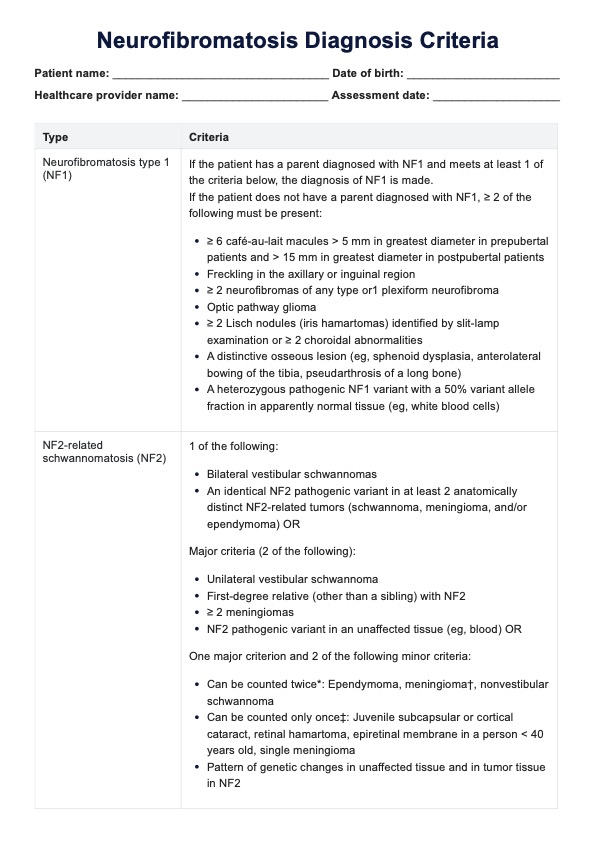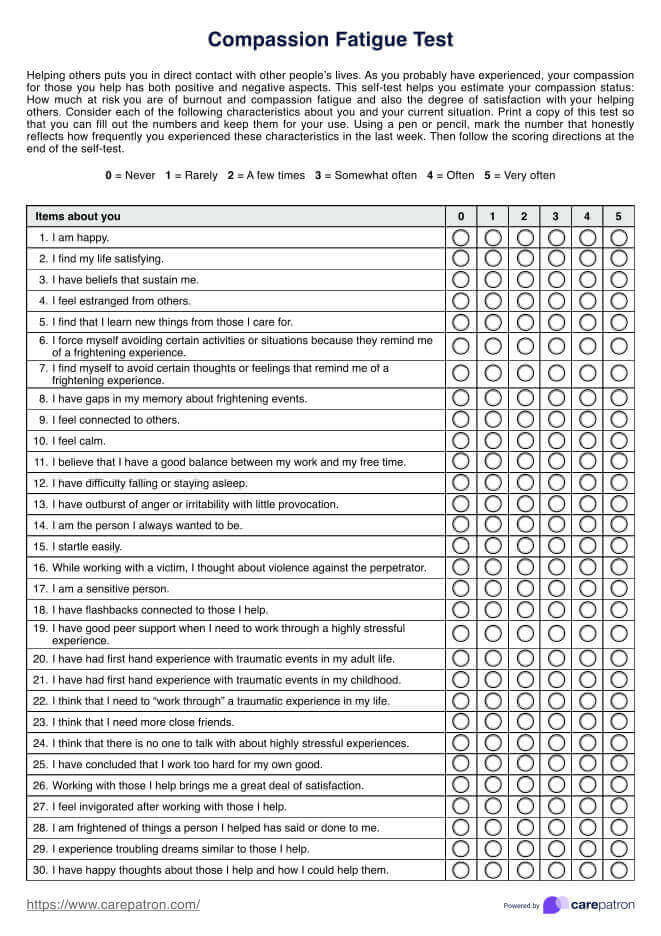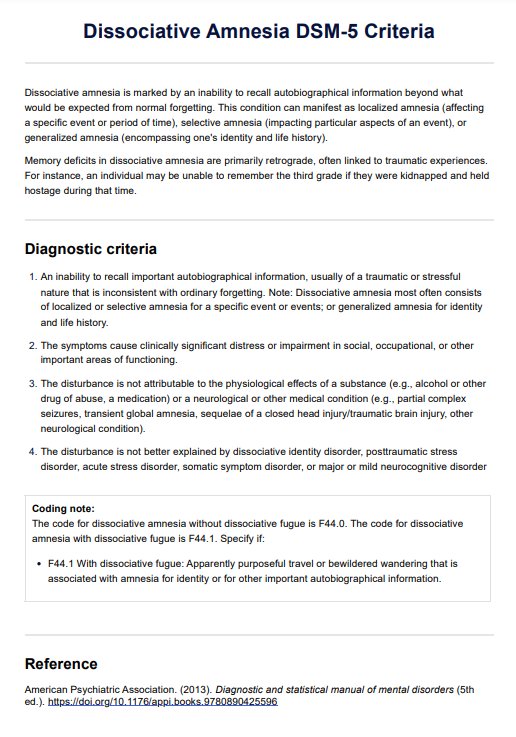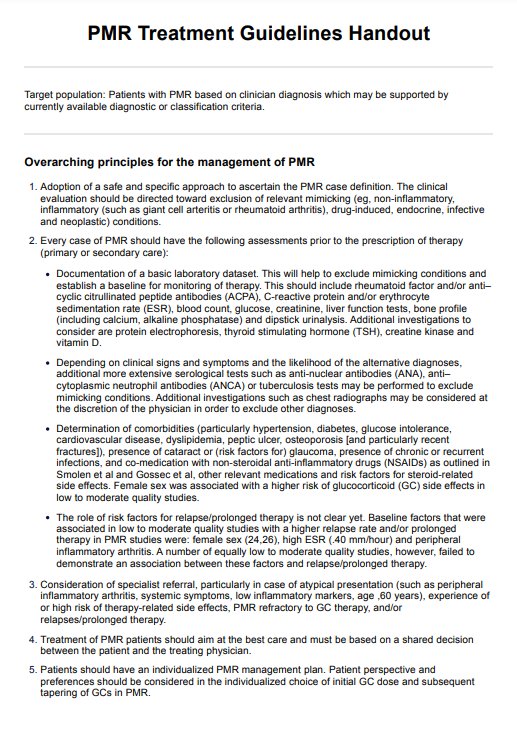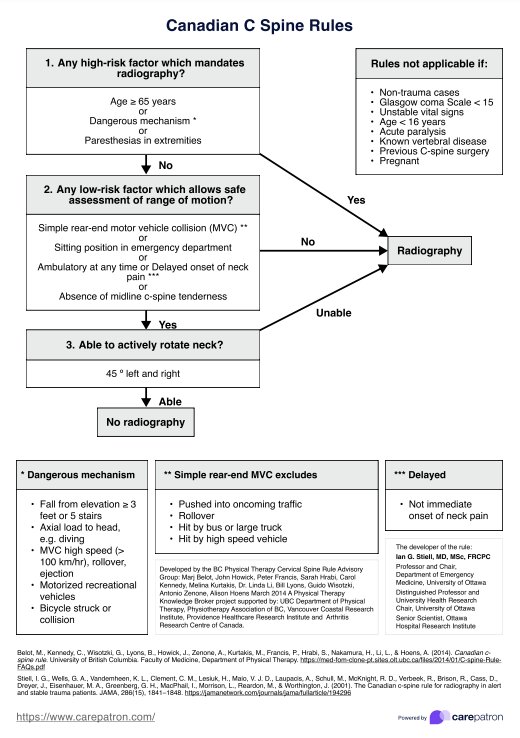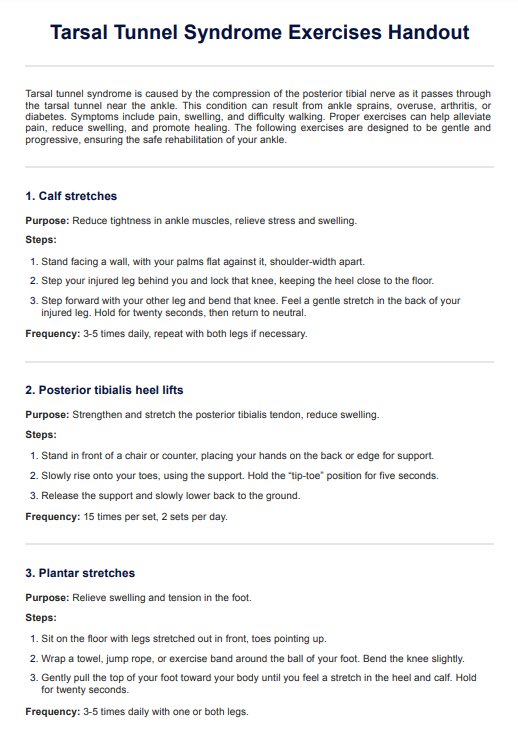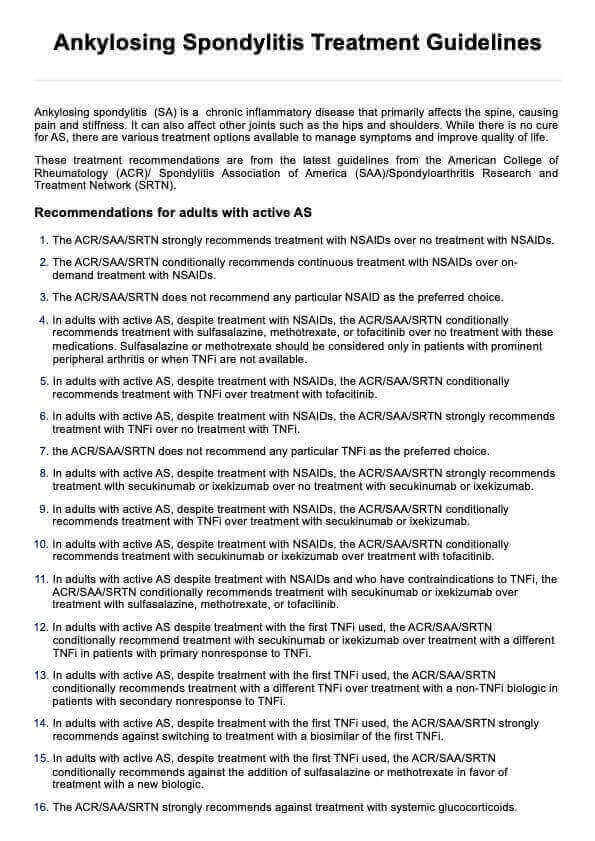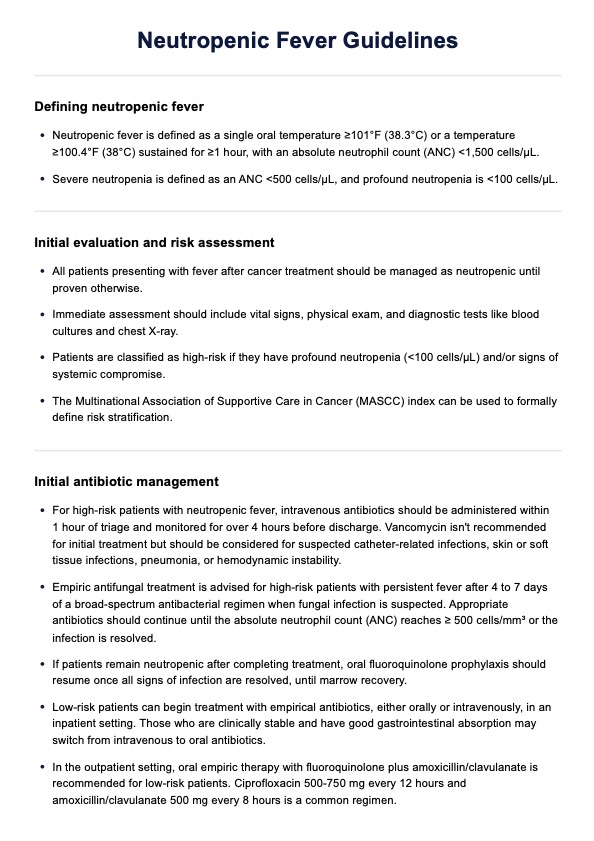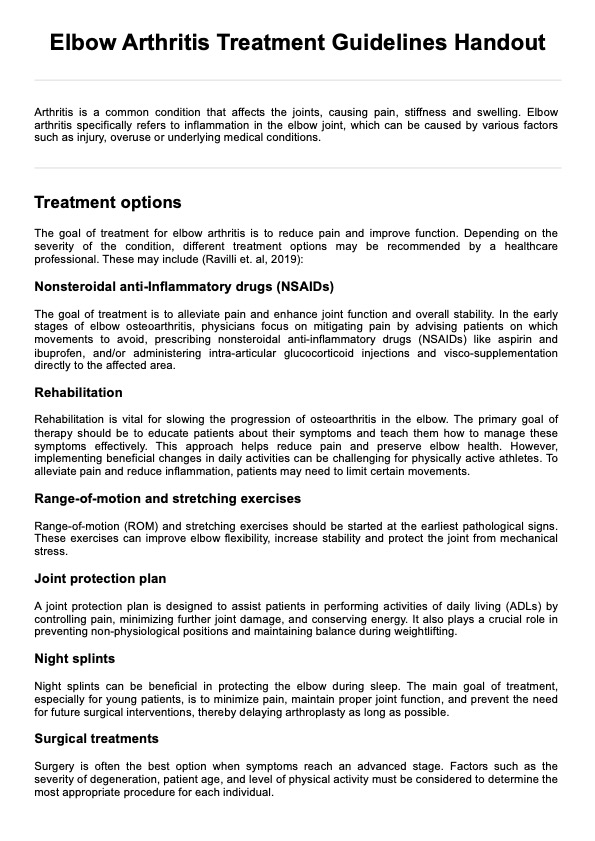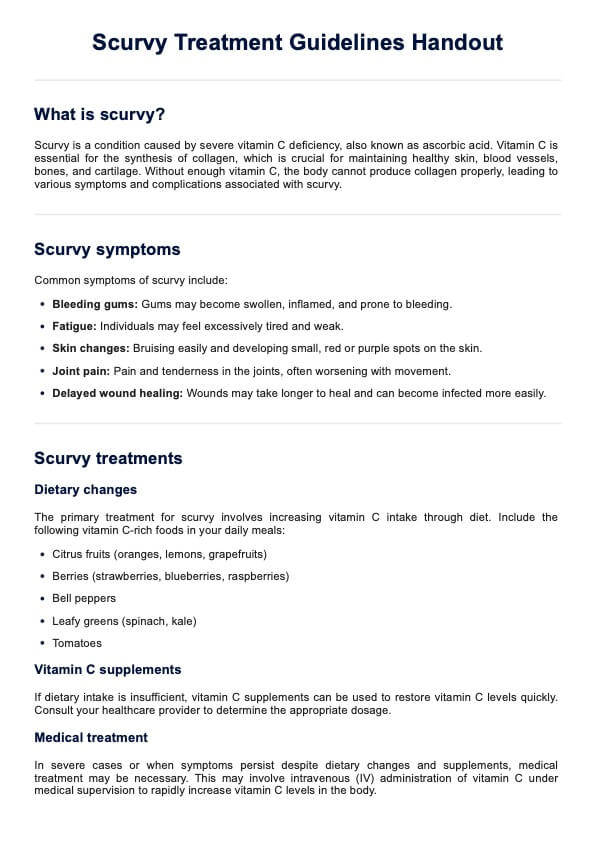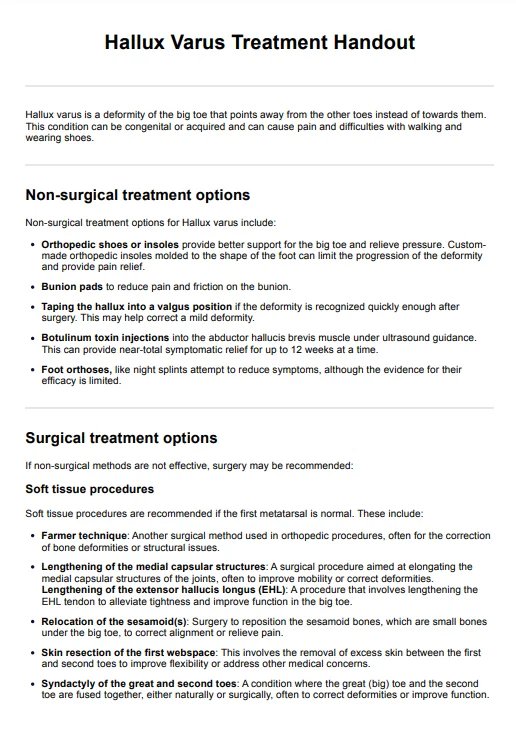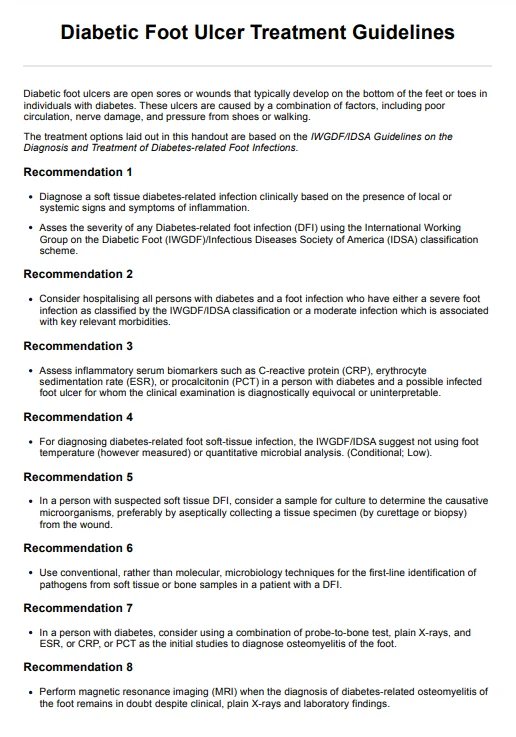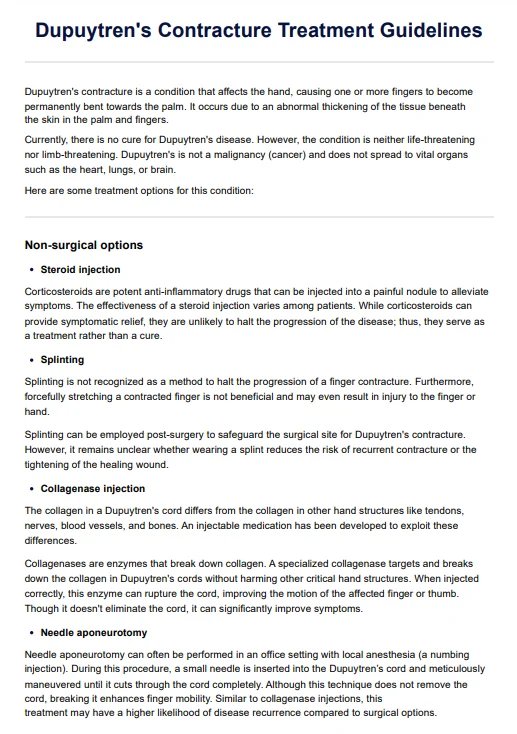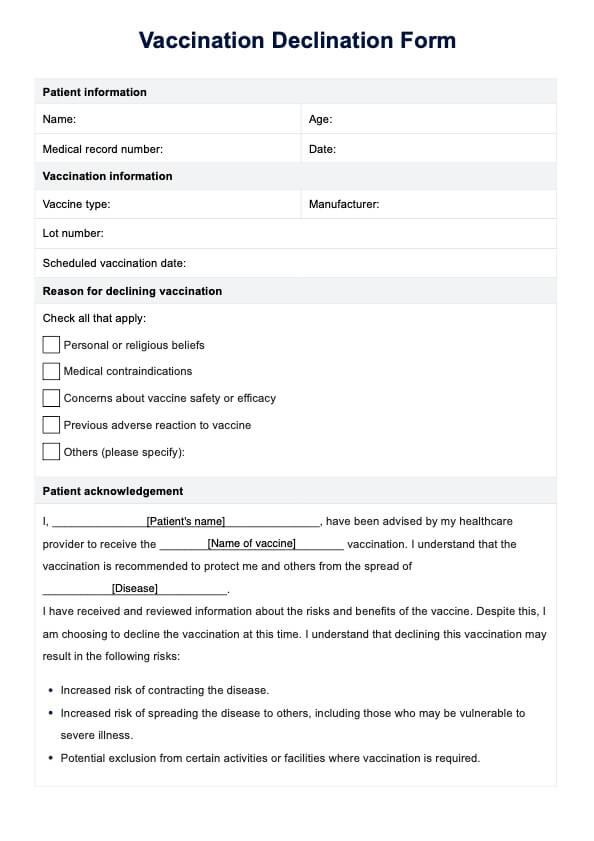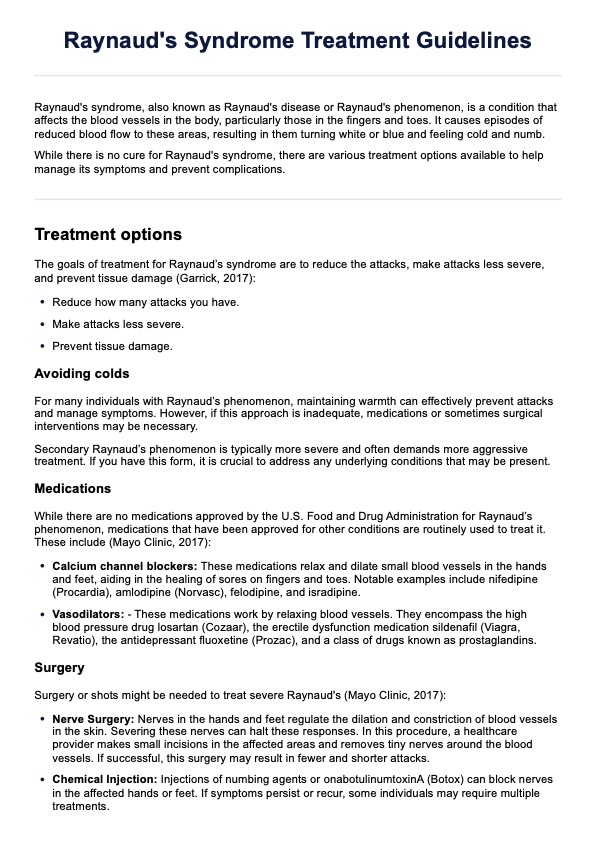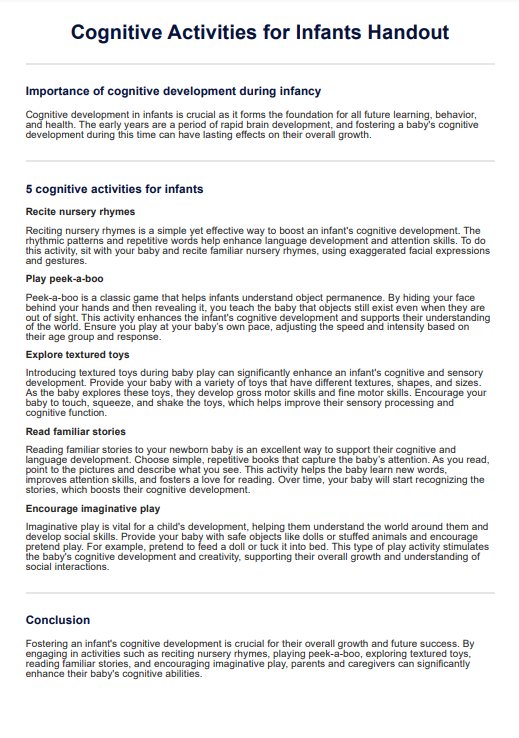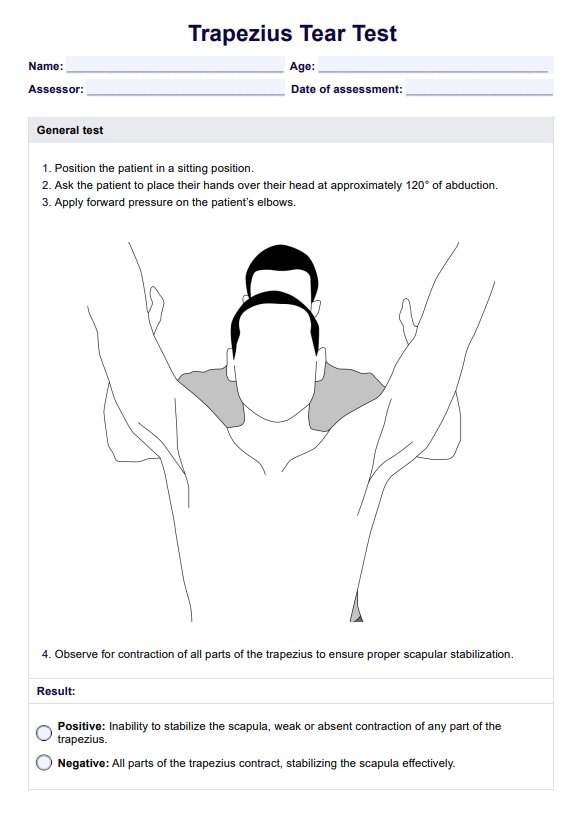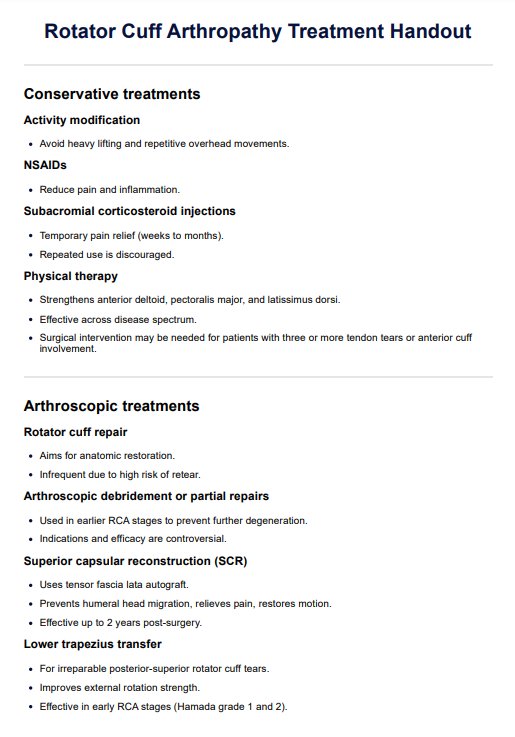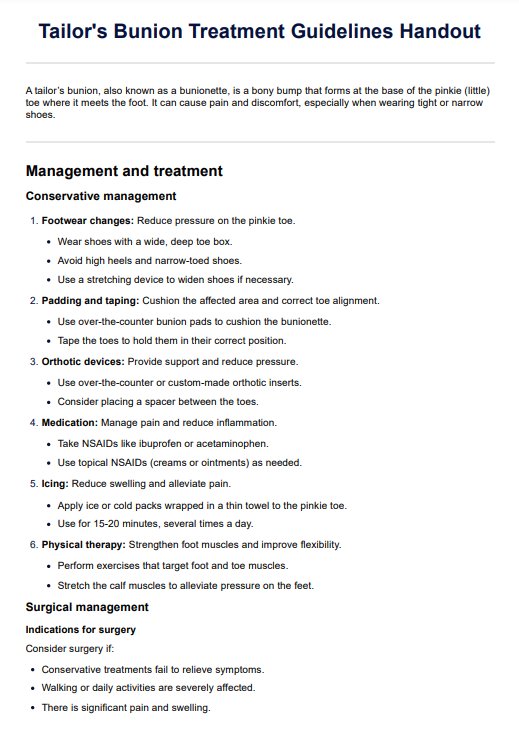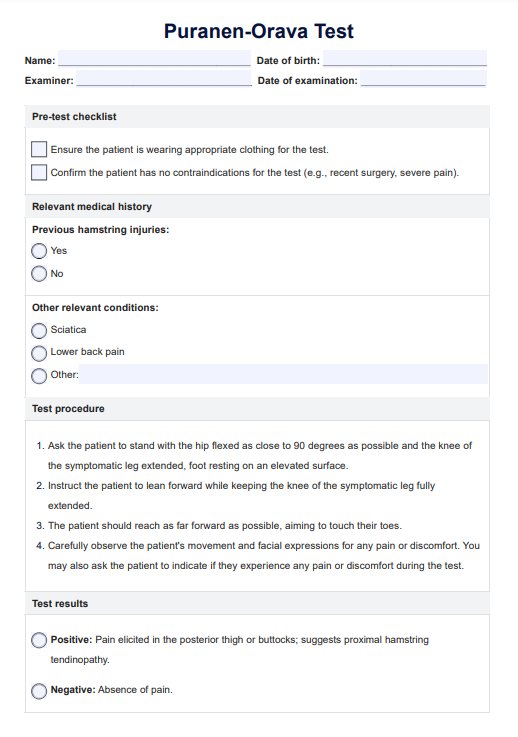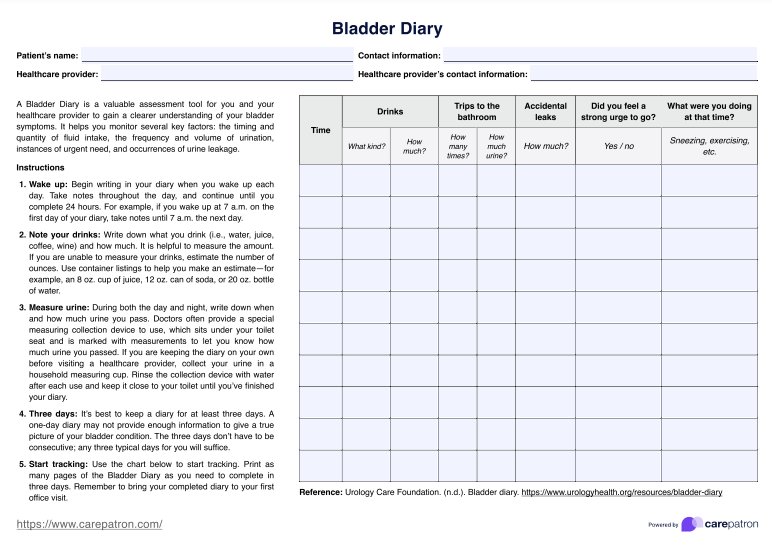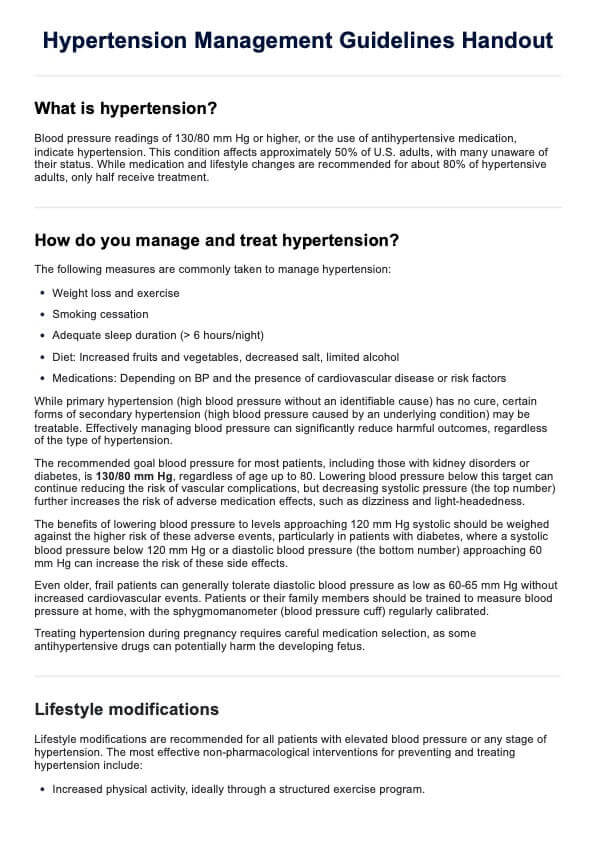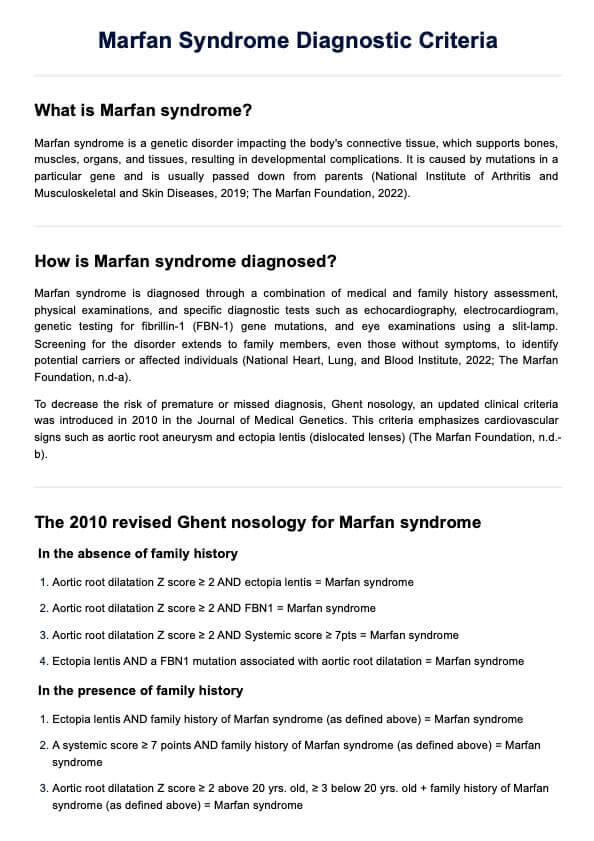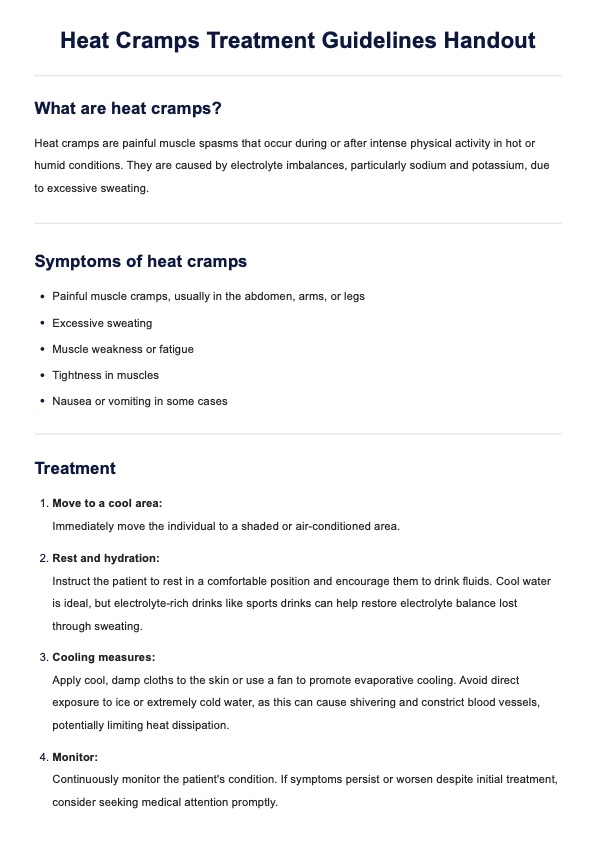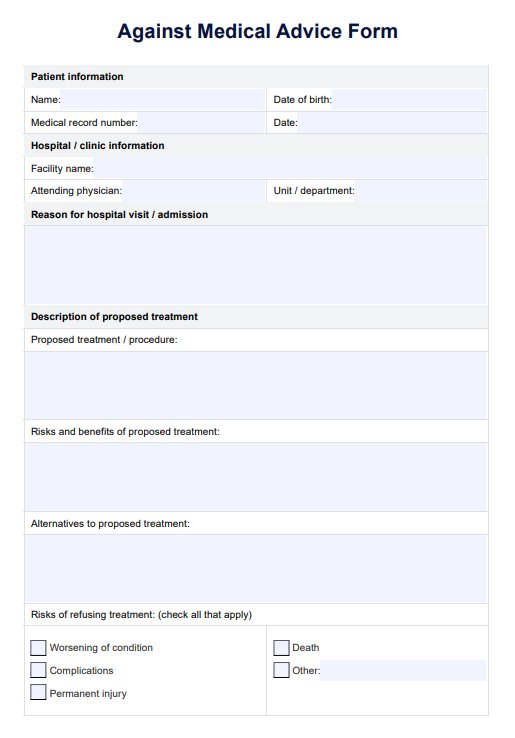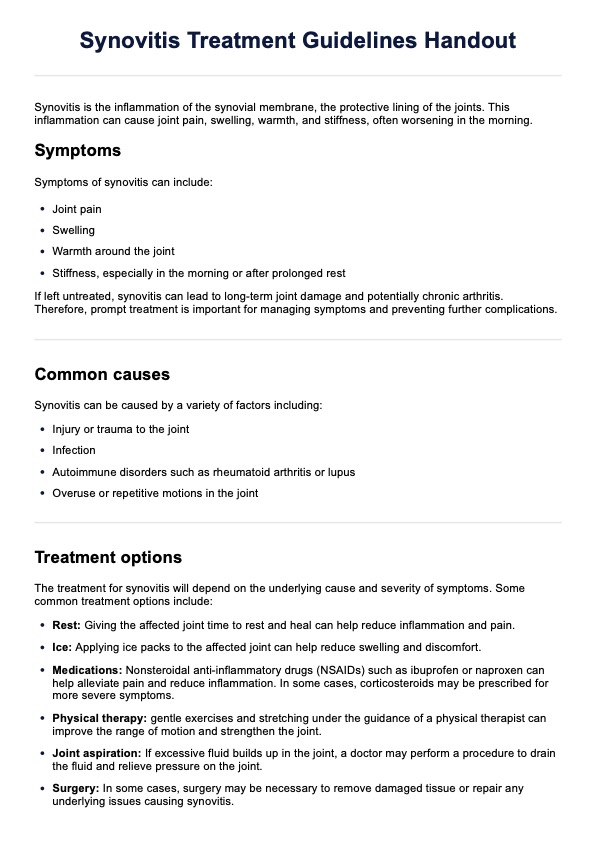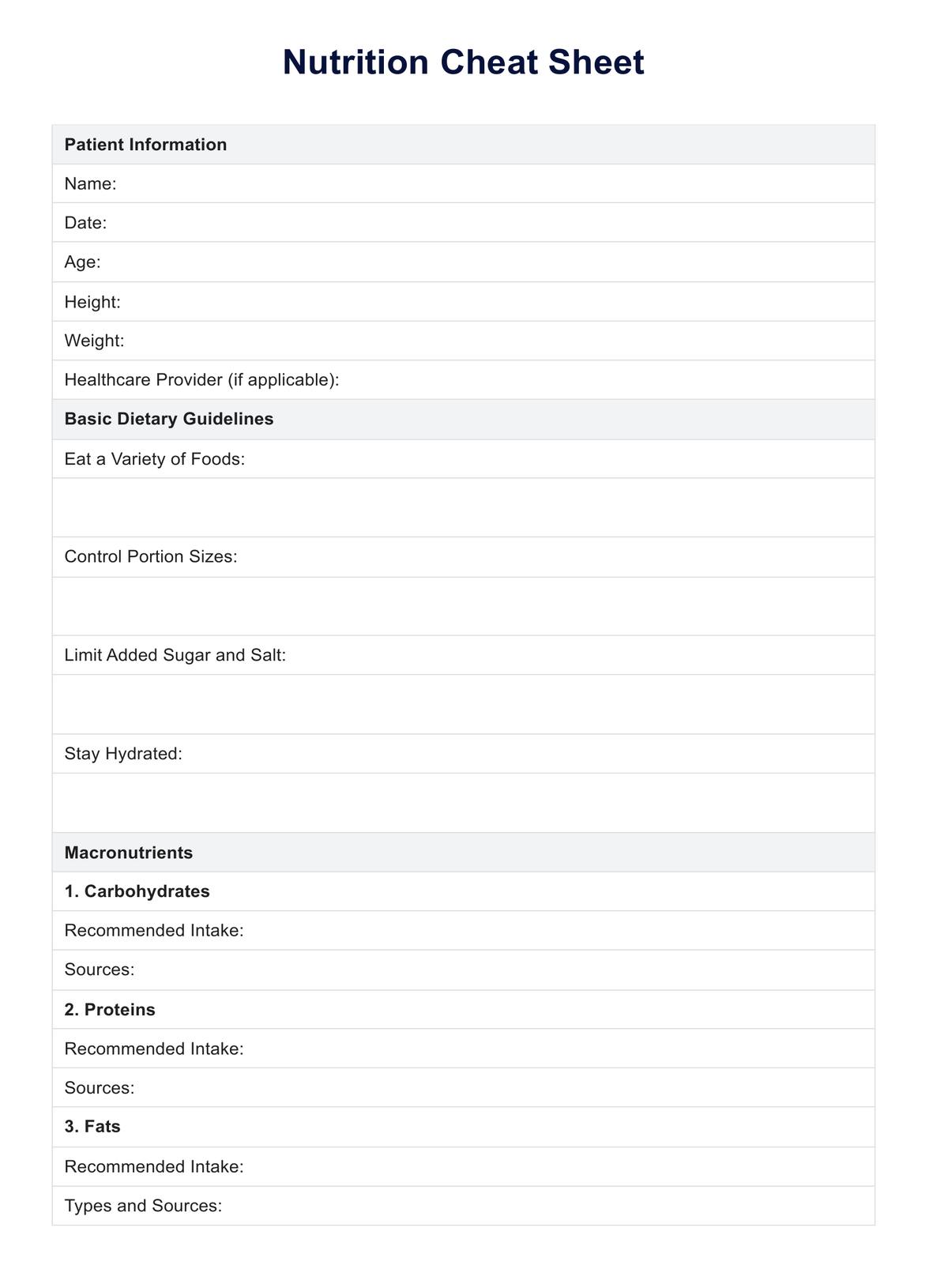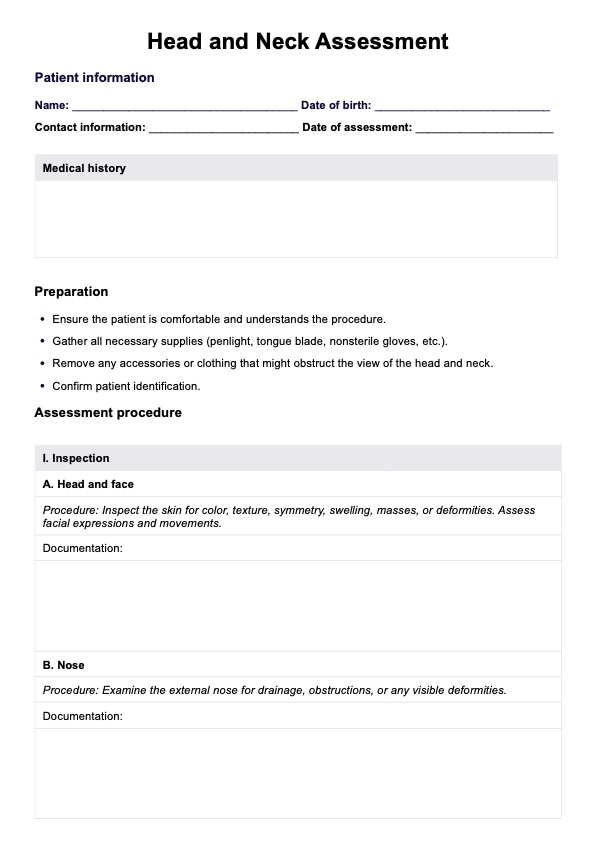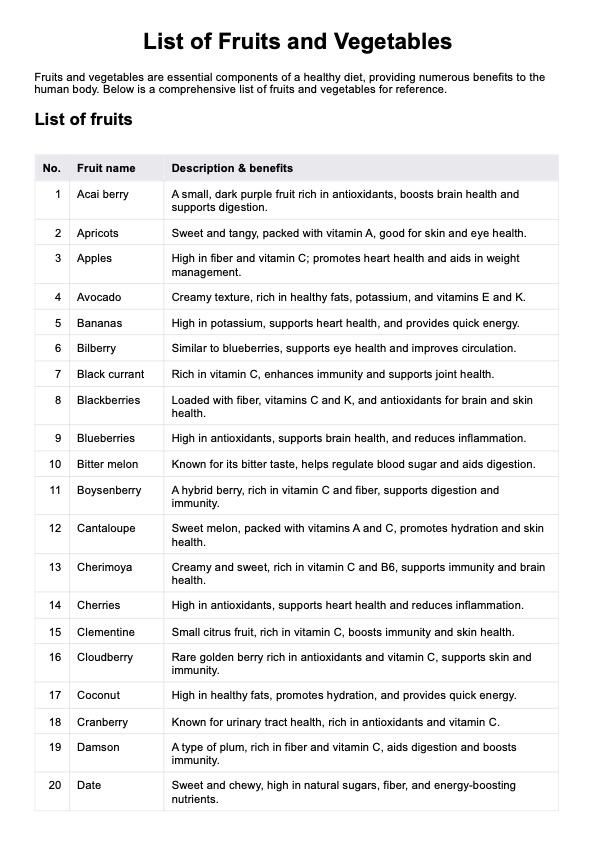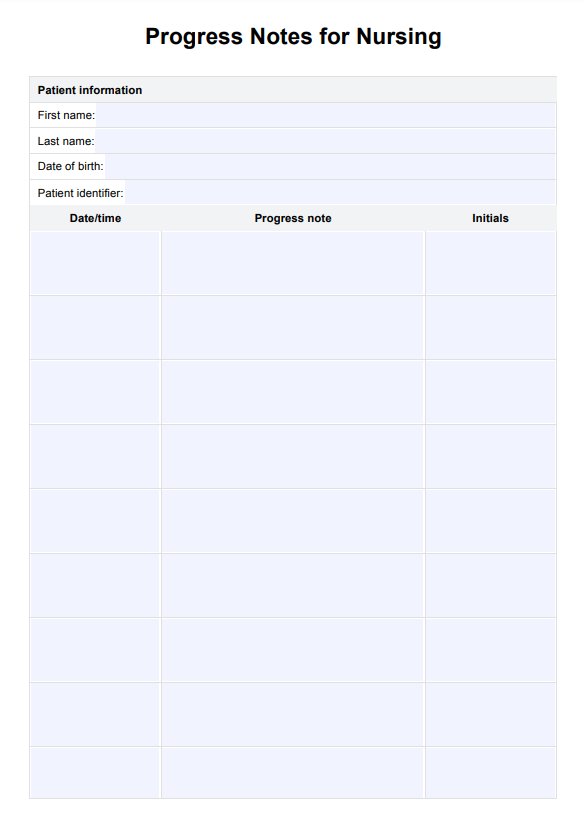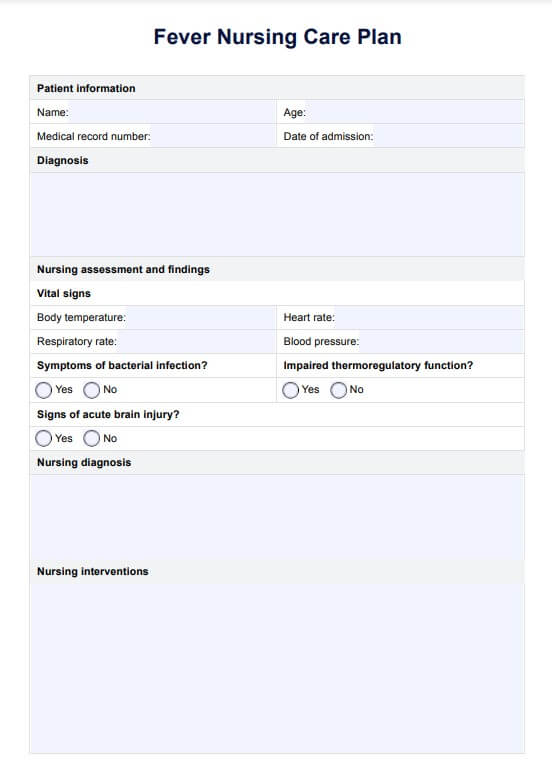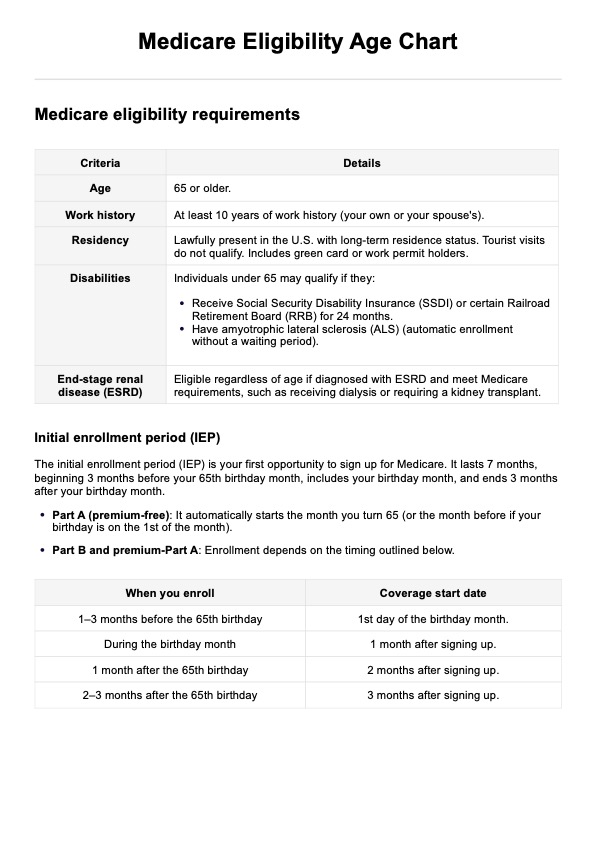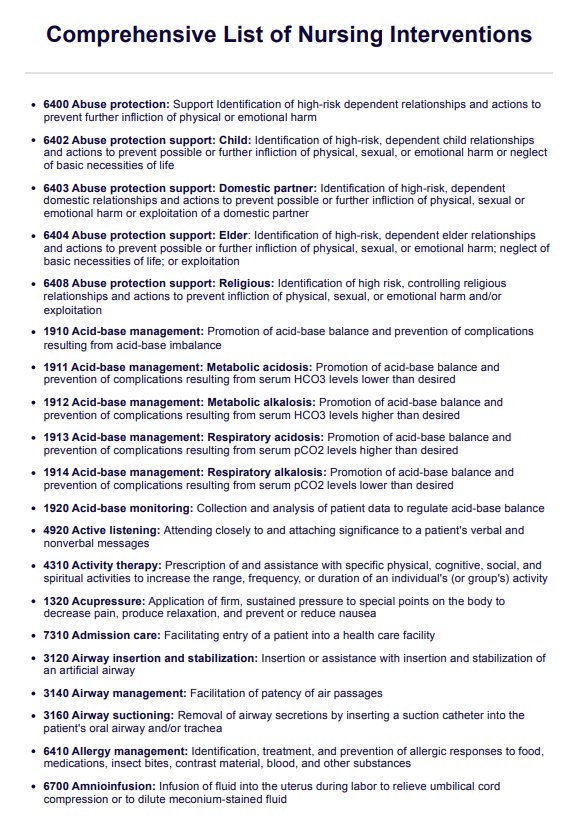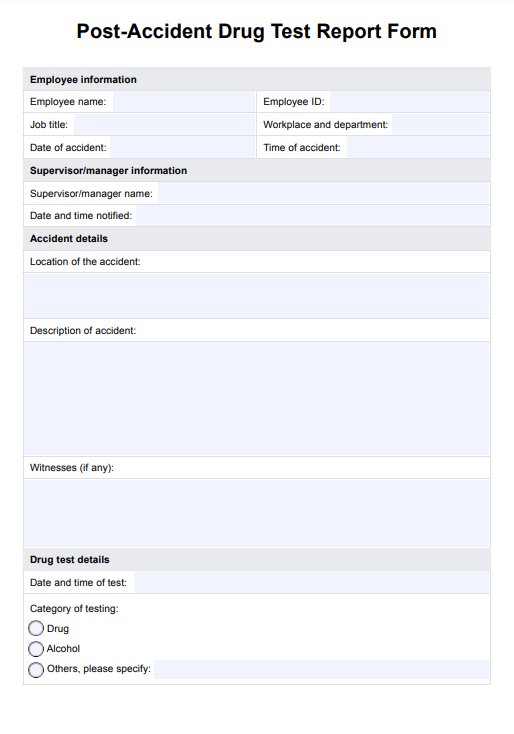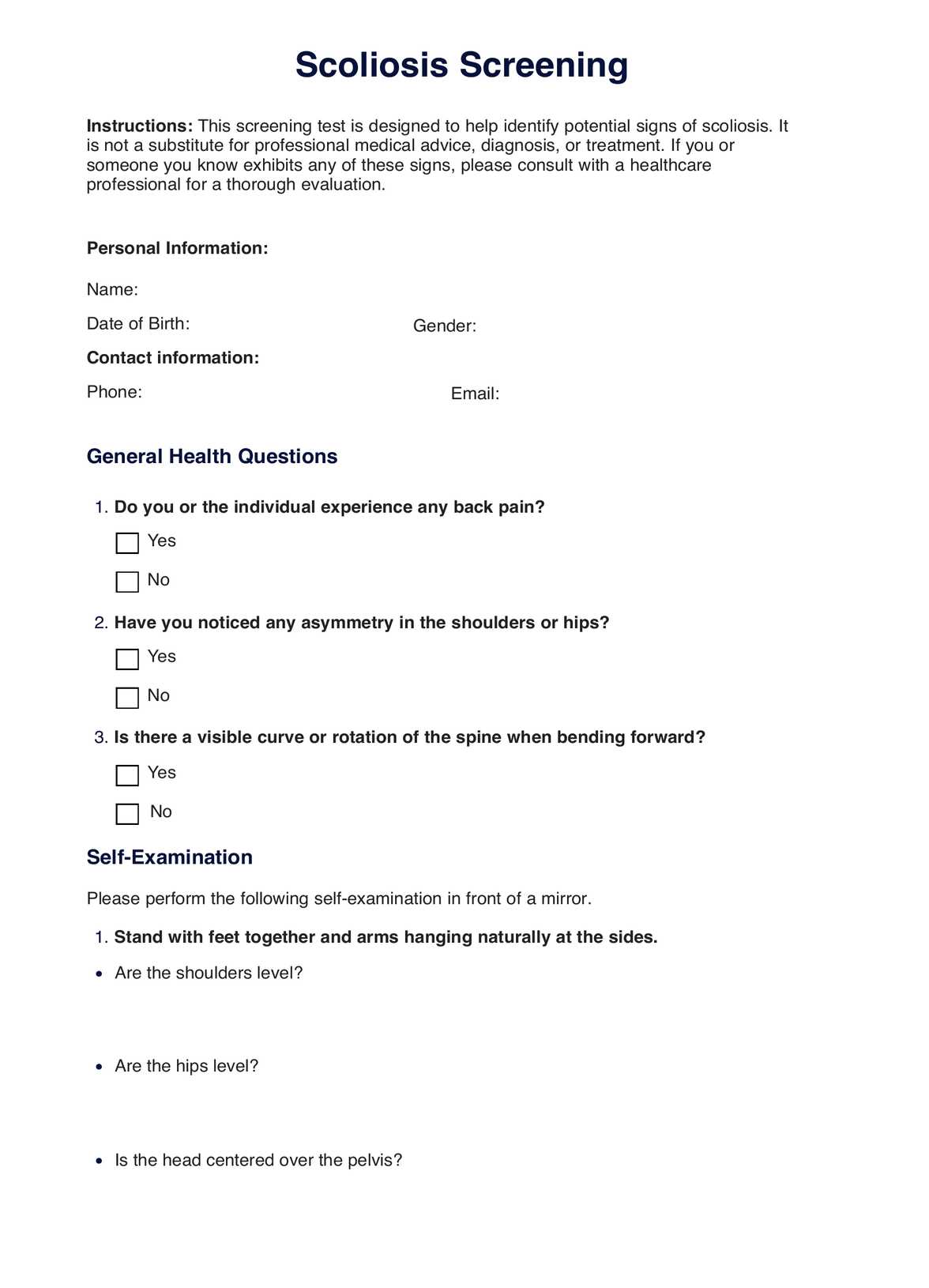Imbalanced Nutrition Nursing Care Plan
Explore our Imbalanced Nutrition Nursing Care Plan Template and examples for effective patient management. Download the free PDF guide now.


The importance of balanced nutrition
Proper nutrition is crucial for maintaining health and overall well-being, as it provides the essential nutrients for the body to function optimally. Imbalanced nutrition arises when these nutrients are insufficient or excessive relative to the body’s metabolic needs, potentially leading to conditions like malnutrition, poor nutritional intake, or obesity.
Factors affecting nutritional status include poor dietary habits, risk factors such as prolonged protein deficiency intake, and other health conditions that contribute to nutritional deficiencies. Imbalanced nutrition less than body requirements can result in weight loss, muscle wasting, and impaired wound healing due to insufficient nutrient intake. Conversely, excessive intake can lead to increased body weight and associated health complications.
Healthcare professionals, including those in medical-surgical nursing, play a critical role in assessing these imbalances through comprehensive nursing assessments, dietary evaluations, and lab tests. Collaborating with other healthcare professionals allows a multidisciplinary approach to meet the patient's nutritional needs through targeted interventions, such as dietary modifications, nutritional supplements, and healthy eating habits. Understanding these basic nutritional concepts is essential for addressing imbalances and supporting optimal health outcomes.
Imbalanced Nutrition Nursing Care Plan Template
Imbalanced Nutrition Nursing Care Plan Example
What is an Imbalanced Nutrition Nursing Care Plan Template?
An Imbalanced Nutrition Nursing Care Plan Template serves as a structured guide for healthcare professionals to address the complex issue of nutritional imbalances in patients. This invaluable tool provides a systematic approach to assessing, diagnosing, and implementing interventions for individuals experiencing challenges maintaining a well-rounded diet.
The template is a blueprint for nurses, ensuring a comprehensive strategy to promote optimal nutrition and overall well-being.
The template includes key components such as a thorough nutritional assessment, identification of risk factors, and the development of targeted interventions tailored to the patient's unique needs.
It acts as a roadmap for healthcare providers to navigate the intricacies of imbalanced nutrition, allowing for personalized care that goes beyond a one-size-fits-all approach. A structured template streamlines the nursing process and enhances communication among the healthcare team, promoting a collaborative effort to address the multifaceted aspects of nutritional imbalances.
By incorporating this resource into nursing care, healthcare professionals can ensure a comprehensive and tailored response to the challenges of imbalanced nutrition, ultimately promoting improved patient health outcomes.
How does it work?
The nursing care plan template for imbalanced nutrition guides healthcare professionals through a step-by-step process to address and manage nutritional imbalances in patients. Here's a breakdown of the critical steps involved in utilizing this invaluable resource:
Step 1: Download the template
Start by downloading the Imbalanced Nutrition Nursing Care Plan Template from Carepatron. Ensure the template is accessible on your device to easily fill in the required fields. This template provides a structured format to guide your assessment, diagnosis, planning, intervention, and evaluation processes, making it easy to create a comprehensive care plan for patients experiencing imbalanced nutrition.
Step 2: Conduct a thorough assessment
Begin with a complete patient assessment by gathering subjective and objective data. Use the "Assessment" sections of the template to document the patient's reported symptoms, such as fatigue, appetite changes, or swallowing difficulties, in the subjective field. The objective section records physical observations like weight changes, lab results, or clinical signs indicating a nutritional imbalance. This comprehensive assessment will inform your nursing diagnosis.
Step 3: Formulate a nursing diagnosis
Based on the data collected, identify the primary issues affecting the patient’s nutrition and record them under "Nursing Diagnosis." Use the template to articulate the problem clearly, including potential causes and evidence supporting the diagnosis. For example, you might note, "Imbalanced nutrition: less than body requirements related to decreased appetite and swallowing difficulties, as evidenced by weight loss and low albumin levels." A precise diagnosis is essential for creating targeted care goals.
Step 4: Set goals and plan interventions
Define short-term and long-term goals for the patient's nutritional improvement in the "Goals and Outcomes" section. Clearly outline what you aim to achieve, such as weight stabilization or improved lab results, and determine timeframes for each goal. Then, use the "Nursing Interventions" field to list your specific actions to meet these goals, such as modifying the diet, providing supplements, or collaborating with a dietitian. Include the rationale for each intervention to support your clinical decisions.
Step 5: Evaluate progress and adjust as needed
Review and evaluate the patient’s progress towards the set goals regularly by documenting outcomes in the "Evaluation" section of the template. Assess whether the interventions are effective, and if not, adjust the care plan accordingly. Include any additional notes relevant to the patient's care or areas that need further attention.
When would you use Carepatron's Imbalanced Nutrition Nursing Care Plan Template?
Carepatron's Imbalanced Nutrition Nursing Care Plan Template is an indispensable resource for healthcare practitioners dealing with patients facing nutritional challenges. Here are vital scenarios and reasons why this template is particularly beneficial:
Holistic patient assessment
Use the template when conducting a holistic assessment of patients with imbalanced nutrition. It aids in systematically gathering information about dietary habits, underlying health conditions, and lifestyle factors contributing to nutritional imbalances.
Care planning and coordination
Implement the template when developing a comprehensive care plan for patients. It provides a structured framework for nursing diagnoses, interventions, and evaluation, facilitating organized and coordinated care among healthcare providers.
Multidisciplinary collaboration
Utilize the template in scenarios requiring collaboration with other healthcare professionals, such as dietitians or physicians. Its standardized format ensures clear communication and a shared understanding of the patient's nutritional needs and interventions.
Educational purposes
Employ the template in academic settings or during patient education sessions. It serves as a practical example for students, nurses, and other healthcare professionals to understand and apply the principles of imbalanced nutrition care planning.
Long-term care management
The template proves invaluable when managing patients with chronic conditions impacting nutrition. It offers a structured approach to continuously assess, plan, and adapt interventions for patients requiring ongoing nutritional support.
Quality assurance and documentation
Incorporate the template for quality assurance and documentation purposes. Its standardized format ensures thorough and consistent documentation of assessments, interventions, and outcomes, meeting regulatory and quality standards.
Explore our care plan and nursing care plan templates and our nurse scheduling software, designed to streamline healthcare operations and enhance patient care coordination. Visit our library to discover how these tools can optimize workflow efficiency and improve healthcare delivery.
Benefits of using our Imbalanced Nutrition Nursing Care Plan Template
Imbalanced nutrition can significantly impact overall health and well-being, leading to various complications if not properly managed. Here are some of the benefits of using this template.
- Comprehensive nutritional assessment: This template helps practitioners thoroughly assess the patient's nutritional status, including their current nutritional intake, weight loss, and other indicators of imbalanced nutrition. By systematically documenting both subjective and objective data, nurses can identify issues such as malnutrition, weight gain, or eating disorders, enabling accurate and timely nursing diagnosis.
- Tailored nursing interventions: Healthcare providers can use this template to develop specific nursing interventions to improve the patient’s nutritional status. It allows for personalized care plans that consider the patient’s food preferences, dietary intake, and potential need for nutritional supplements or parenteral nutrition, ensuring that patients receive adequate nutrition tailored to their individual needs.
- Structured goal setting and monitoring: The template facilitates setting clear short-term and long-term goals related to the patient’s nutritional health, such as achieving weight gain or stabilizing weight loss. It enables ongoing monitoring of the patient’s progress.
- Enhanced patient and family education: The care plan template supports practitioners in educating patients and their families about maintaining healthy nutrition. It provides a framework for discussing dietary guidelines and nutritional support strategies, empowering patients to make informed food intake and overall nutrition decisions.
- Streamlined documentation and communication: By using the template, practitioners can streamline the documentation process, ensuring all relevant information is captured in a structured format. This enhances communication among healthcare team members, promotes coordinated care efforts to improve the patient's nutritional status, and supports using resources like a nursing diagnosis handbook for reference and accuracy.
Commonly asked questions
Poor nutrition can delay wound healing due to nutrient deficiencies that impair tissue repair and immune function. Adequate caloric intake and optimal nutrition, including sufficient protein and vitamins, are crucial for promoting faster recovery and reducing the risk of infections.
Body mass index (BMI) is a tool for assessing whether a person's weight is appropriate for their height. It helps identify imbalanced nutrition issues like undernutrition or obesity.
Enteral nutrition is recommended when patients cannot meet their caloric intake needs through oral feeding alone, often due to conditions that impair swallowing or digestion.
Imbalanced nutrition, particularly when it involves nutrient deficiencies or inadequate caloric intake, can lead to fatigue, decreased muscle strength, and reduced cognitive function.


